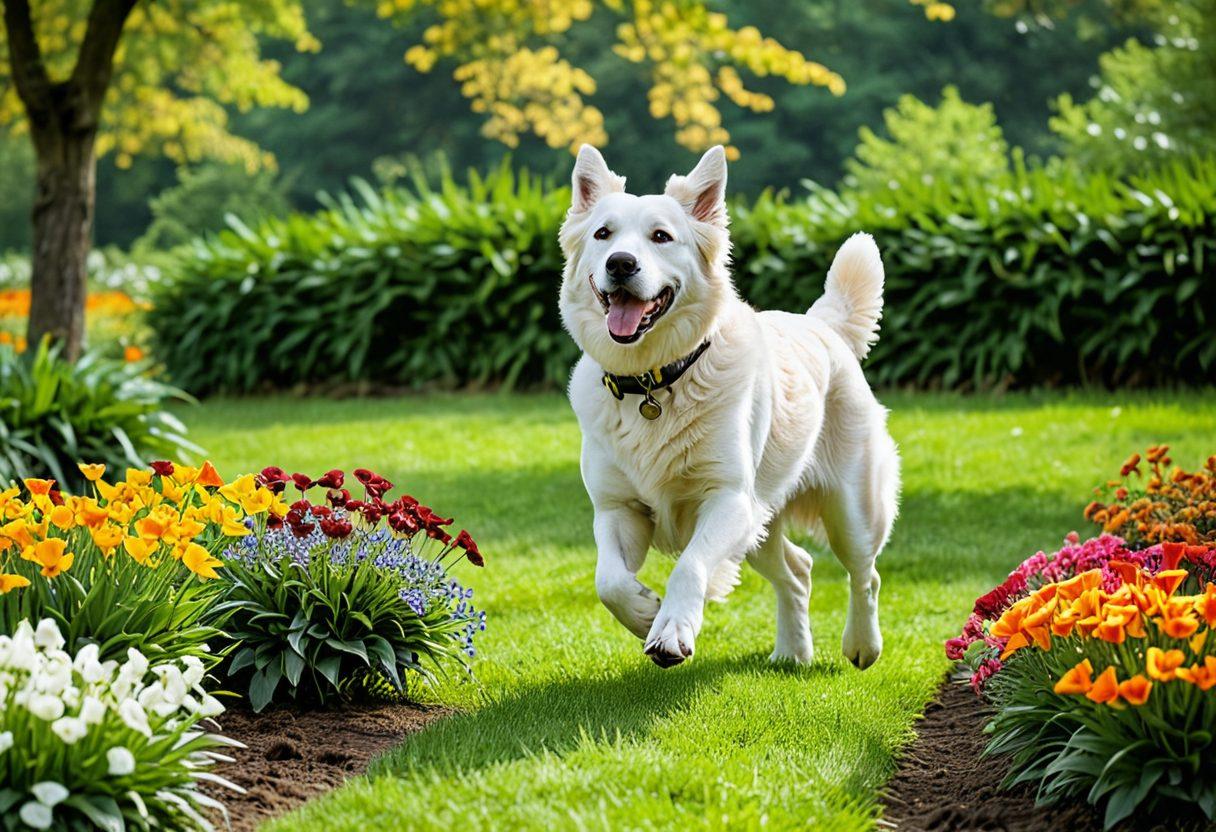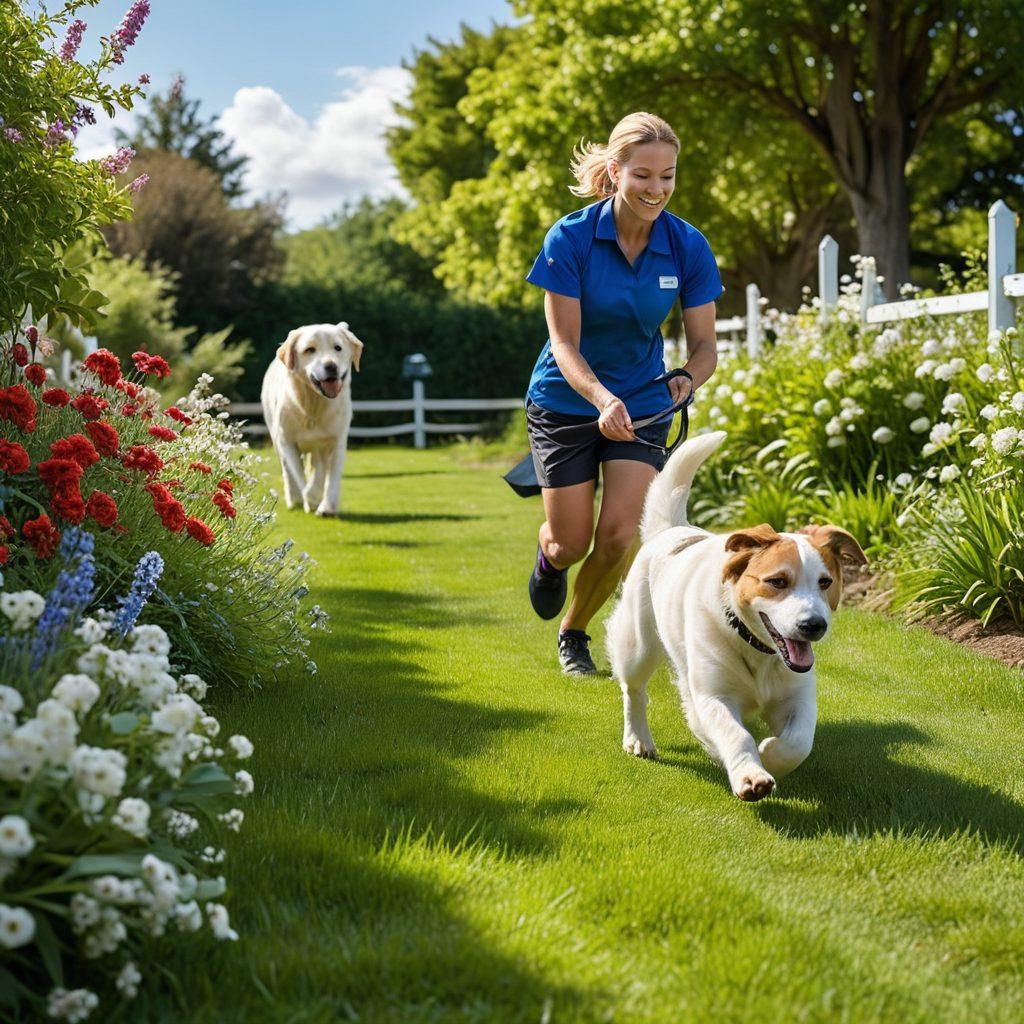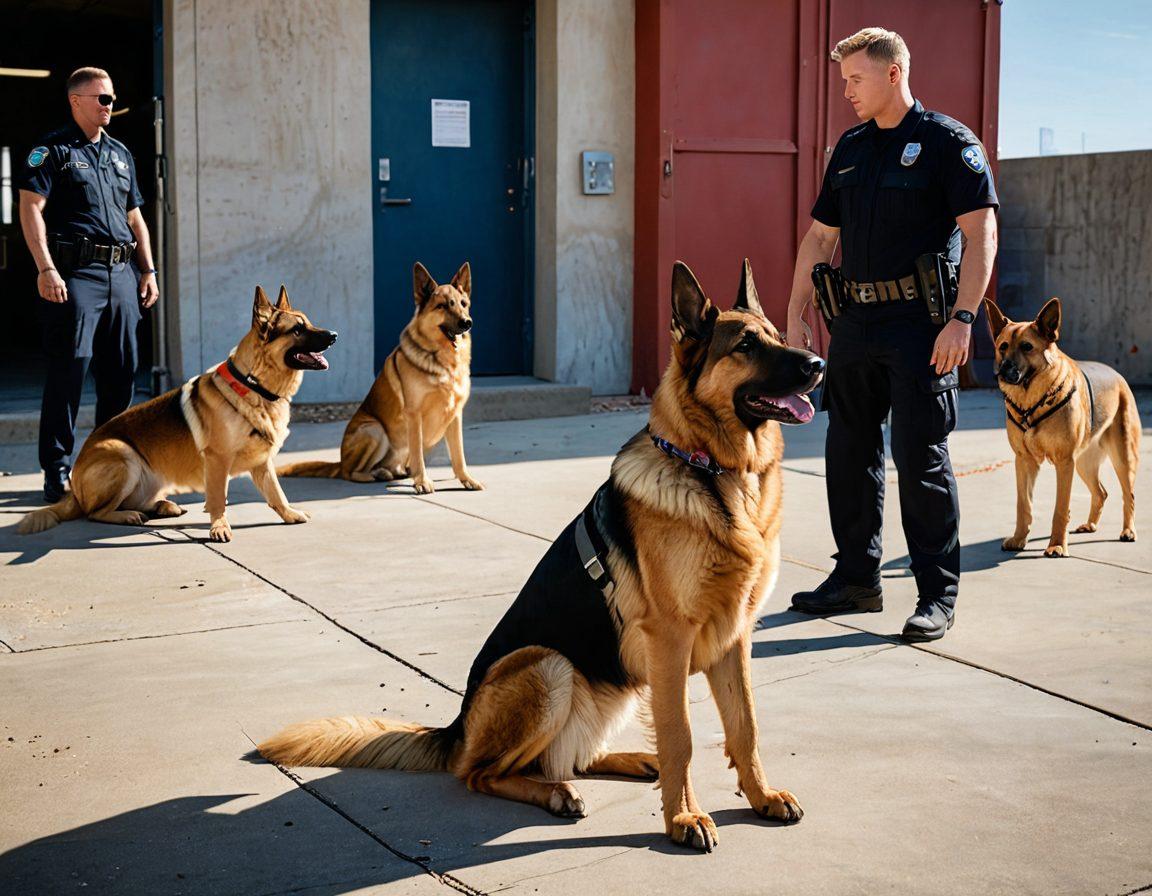Unleashing Potential: Comprehensive Guide to Training and Caring for Exceptional Working Dog Breeds
When it comes to working dogs, their abilities are nothing short of extraordinary. These remarkable animals—be they service dogs, police dogs, or therapy dogs—excel in their roles because of dedication and rigorous dog training. The foundation of such excellence lies in mastering obedience. But how can you make sure your dog is not just obedient, but thrives? Delving into effective training techniques is the ultimate key.
First and foremost, understanding the breed of your working dog is crucial. Various dog breeds exhibit traits that make them better suited for particular roles. For instance, German Shepherds are often the go-to for police dogs and military dogs due to their strength, intelligence, and loyalty. Conversely, Golden Retrievers are exemplary guide dogs and emotional support dogs, thanks to their gentle demeanor. Each breed embodies different strengths, and tailoring your training methods to these traits can make all the difference.
Storytime: Picture Max, a spirited Border Collie who's destined for greatness as a herding dog. Initially, Max struggled with the basics of dog obedience. His owners sought help, understanding that a solution wasn't solely about discipline—it entailed harnessing Max's inherent instincts and energy. Through games involving agility training and fieldwork simulations, Max transformed from a high-energy pup to a disciplined and efficient herder. This tale highlights that tapping into a dog's natural abilities can be as important as conventional training techniques.
Effective obedience training combines elements of consistency, patience, and positive reinforcement. Start with foundational commands like 'sit,' 'stay,' and 'come,' ensuring that your dog masters these before progressing to more complex tasks. For tracking dogs and scent detection dogs, nose work games can advance their innate sniffing prowess while keeping training sessions engaging. Using rewards such as treats or toys, known as positive reinforcement, reinforces desirable behavior, making learning a pleasurable experience for your canine companion.
Furthermore, obedience training isn't just about commands. It's also about building a strong, trusting relationship between dog and handler. This is especially critical for K9 units and protection dogs, where mutual trust can mean the difference between success and failure. Active bonding activities, regular health check-ups for working dog health, and balanced work ethics ensure your dog stays happy, healthy, and focused. So, next time you gear up for a training session with your working dog, remember: mastering obedience is a journey that blends technique with understanding and a whole lot of heart.
From Puppies to Professionals: Nurturing Health and Work Ethics in Exceptional Dog Breeds
Imagine the life-changing journey of an untrained puppy evolving into a professional working dog, performing tasks that can range from assisting in search and rescue missions to providing essential support to individuals with disabilities. Nurturing health and work ethics in exceptional dog breeds is a blend of love, dedication, and specialized training that transforms these canines into invaluable partners. In the world of working dogs, each step, from the playful exuberance of puppyhood to the disciplined precision of their professional roles, is critical. Have you ever wondered what it takes to raise a dog that saves lives, brings comfort, and maintains security?
Starting with the early stages of life, the foundation of every working dog's journey is laid in puppyhood. The formative first weeks and months focus on trust-building and socialization, which are indispensable for breeds destined to become police dogs, therapy dogs, or military dogs. Early canine training involves basic obedience training and exposure to various environments, people, and other animals. This initial phase is all about creating a secure, positive, and stimulating atmosphere for the puppy. As the saying goes, 'The greatest investment is in the foundation,' which rings particularly true when preparing a young dog for the responsibility and discipline required in their future roles.
As these energetic puppies transition into adolescence, the training process becomes more specialized. Whether they are being groomed to become guide dogs, search and rescue dogs, or explosive detection dogs, the training diverges to cater to their specific future roles. This period is marked by more intensive obedience training, agility training, and the development of job-specific skills. For instance, sniffer dogs are trained to detect specific scents, while protection dogs enhance their skills in discerning threats. The commitment to nurturing these abilities is paramount, as a lapse in training can be the difference between success and failure in critical moments.
A significant aspect of raising exceptional working dog breeds is maintaining their physical and mental health. Working dog health encompasses a holistic approach, involving balanced nutrition, regular veterinary care, and ample physical exercise tailored to their specific needs. However, equally important is mental stimulation, crucial for breeds like herding dogs or detection dogs, which thrive on complex tasks and challenges. Ensuring these dogs are mentally engaged is just as vital as their physical well-being, as boredom or lack of stimulation can lead to behavioral issues and decreased effectiveness in their duties.
The final phase of their transformation is their integration into professional roles, which requires ongoing training and refinement of work ethics. These dogs share in humanity's critical tasks: being part of K9 units, acting as emotional support dogs, or serving as agile patrol dogs. Their journey from playful puppies to methodical professionals embodies the essence of dedication, training, and love. Each working dog, whether a search and rescue hero or a loyal assistance companion, represents the magic of exceptional canine training. So, how does one ensure that a working dog not only learns each command but embodies the work ethic required for their demanding role? The answer lies in continuous learning, patience, and recognizing that these remarkable creatures give us their unwavering best when we invest in bringing out their full potential.
Specialized Training for Every Role: Equipping Working Dogs for Police, Military, and Therapy Services
Imagine the raw power, precision, and dedication of a trained dog assisting in law enforcement, military operations, or providing emotional support. The stories of these remarkable working dogs are awe-inspiring. From the meticulous training of police dogs to the gentle yet impactful presence of therapy dogs, each role demands specialized canine training strategies. How do we turn a playful pup into a disciplined working dog breeds expert at their jobs?
Working dogs are more than just pets; they are vital partners in various fields. Each working dog must undergo rigorous and tailored dog training programs to excel in their specialized roles. Imagine a police dog using its acute sense of smell to track down a suspect or a therapy dog providing comfort to someone in emotional turmoil. The paths to these outcomes are diverse yet fundamentally rooted in strong obedience training and a deep bond between the dog and handler.
Police dogs and military dogs, for instance, require sophisticated canine training that focuses on obedience, agility, and specific skills like scent detection or explosive detection dog tasks. The training of these protection dogs starts from a young age and emphasizes discipline, perseverance, and unwavering focus. These dogs are not just animals; they are cherished members of K9 units, providing protection and performing fieldwork with unflagging dedication.
On the other hand, service dogs, such as guide dogs and emotional support dogs, are trained to offer assistance and companionship to individuals in need. These assistance dogs undergo a different spectrum of training that includes patience, alertness, and specific service-oriented tasks. Whether navigating a visually impaired person through busy streets or offering solace to someone with PTSD, these dogs transform lives through their specialized training and compassionate presence.
The incredible versatility of working dog breeds also stretches into roles like herding dogs, search and rescue dogs, and detection dogs. These fieldwork dogs are selected based on their natural instincts and capabilities, then sharpened through dedicated training. For instance, tracking dogs employ their keen sense of smell to locate lost individuals, while sniffer dogs skillfully identify illegal substances. The training must also address the working dog health and overall well-being to ensure that these incredible canine partners are at the peak of their performance and ready for any challenge.


